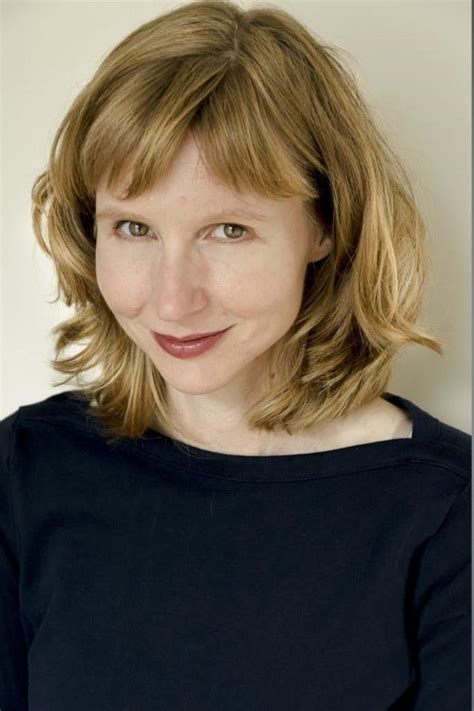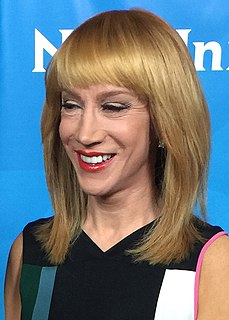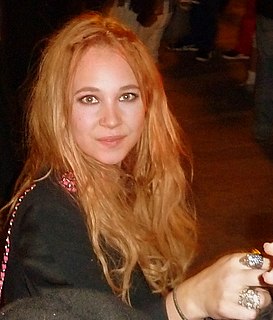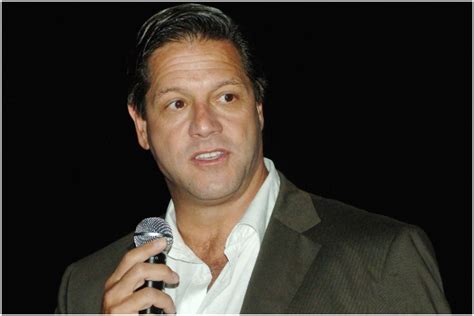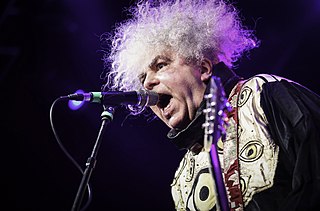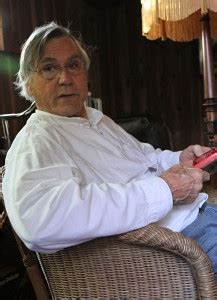A Quote by Charles Rosin
I can't criticize what I don't understand. If you want to call this art, you've got the benefit of all my doubts.
Related Quotes
And luckily, for whatever reason, I've found people who are interested in living with and owning and existing around the DNA of my mind, which is my visual work. I've found collectors who are willing to put money down to live with my work. So I can't criticize the whole mechanism. But I can criticize it as an artist, in spite of the fact that I benefit from it. And there are problems with it.
One of the basic things we should avoid is to criticize others. Better to criticize yourself. Criticize yourself, criticize your brothers and sisters, criticize your country, criticize all the habits you have and laugh at yourself, is the best way. If you know how to laugh at yourself then you will not object or will not stand in the way of any creativity of another person.
I don`t know if this is good politics or bad politics to criticize Trump, but you`ve got to call out, just like people in communities when people say racist things and feel it`s OK now to be a sexist or a racist or a misogynist or a bigot, individuals have to call them out, I have to call them out when I see it. You have to call out this president when he engages, when he hires somebody that makes people even more uncomfortable. I mean, it`s not a difference in policy. People in this country, the fear levels are higher than I can ever remember.
I think that a lot of artists have succeeded in making what I might call "curator's art." Everybody's being accepted, and I always want to say, "Really? That's what you've come for? To make art that looks a lot like somebody else's art?" If I am thinking of somebody else's art in front of your art, that's a problem.
I teach art at a famous art school, and yet I don't have really the least notion what post-modernism means, but we have people in the letters and science department that understand it quite well and the students go there if they want to understand what this term that is being bandied about is all about, but I've never understood it.
